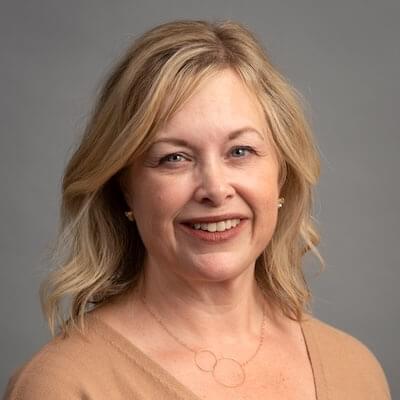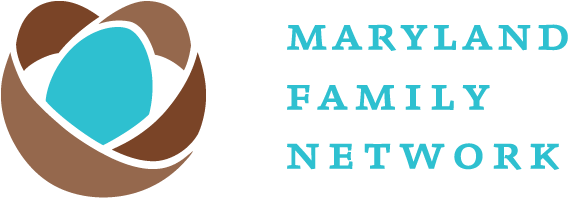Reflections From My Summer Internship at Maryland Family Network: Intern Sabina Chatterji-Len Shares Her New Perspectives

A Guest Blogger
When most people think about boosting the economy, rarely do they think of early childhood education. The economy seems to constantly be an area of top concern, leading political leaders to try to find innovative ways to rejuvenate the labor market and reduce poverty. But what if one of the smartest strategies for a stronger workforce has been right in front of us all along– hidden under the label of “social policy”? This is just one of many questions I explored while interning this summer at the Maryland Family Network under my boss, Michael Herschenfeld.
My passion for education didn’t start with early childhood. In high school, I focused on K-12 equity, exploring various methods to reduce poverty through closing achievement gaps. I am now entering my second year at the University of North Carolina at Chapel Hill, majoring in data science with minors in education and public policy. I plan to begin my career as an elementary school teacher before pursuing leadership roles, ultimately aiming to serve as a state superintendent. My previous internship at the Maryland State Department of Education (MSDE) introduced me to the early childhood sector, and my connections at MSDE led me to my

role this summer at the Maryland Family Network, where I have gotten an even closer look into the field.
My main project this summer was drafting a proposal to the Assistant State Superintendent of Early Childhood at MSDE to enhance the state’s student data system. Currently, Maryland uses unique student identifiers to track students as they progress in the school system, enabling longitudinal studies on student progress and even workforce outcomes. My proposal recommended expanding this student ID system to include private Pre-K and child care data, ultimately enhancing longitudinal studies and increasing accountability for early childhood programs. As I outlined the implementation process for the proposal, I conducted meetings with various external stakeholders, allowing me a holistic understanding of how the different pieces of this sector fit together.
Beyond the technical work, my internship was also a deep dive into the “why” behind early childhood policy. In conversations with my mentor, I began to see early childhood education through a new lens—not just as a way to help children thrive, but also as a highly strategic and bipartisan economic policy. The facts are simple: if parents can’t access child care, they can’t work. Thus, limited access to affordable child care significantly shrinks the workforce and slows economic growth.
So why have we not invested more in early childhood education as an economic policy? The reason is people like me, brought to the education sector by my strong sense of justice and fairness and belief in equitable opportunity for children. These values are important motivators for those working in the education sector, but they don’t always resonate with everyone– especially when funding decisions are on the table. To gain broader support, we need to not only seek to reach people’s hearts, but also their heads.
Even if economics isn’t the primary focus for many in education, expanding child care truly is a powerful economic policy, and presenting it as such would win broader support.
This insight was just one of many I gained over the summer. I also learned how I can best achieve my career goals and stay motivated, especially when trying to find innovative solutions to problems that are deeply entangled in multiple systems and sectors. For a long time, the complexity of these issues discouraged me. But my mentor this summer helped me feel comfortable with these struggles, using them as a source of motivation rather than frustration. Ultimately, I learned the importance of not giving up but rather starting smaller and more deliberately.
All in all, I am very grateful for my time at the Maryland Family Network and the new insights I gained. There is certainly a lot of work to be done in solving these complex issues in education, and my internship this summer solidified my commitment to be part of those solutions.

Laura Weeldreyer is the Executive Director of Maryland Family Network. Over the course of her career, she has devoted herself to improving educational outcomes for students ranging from babies and their families all the way up to senior high school students who were getting ready to graduate. This blog is an opportunity for Laura to share her experience and expertise but also to learn from her readers.

